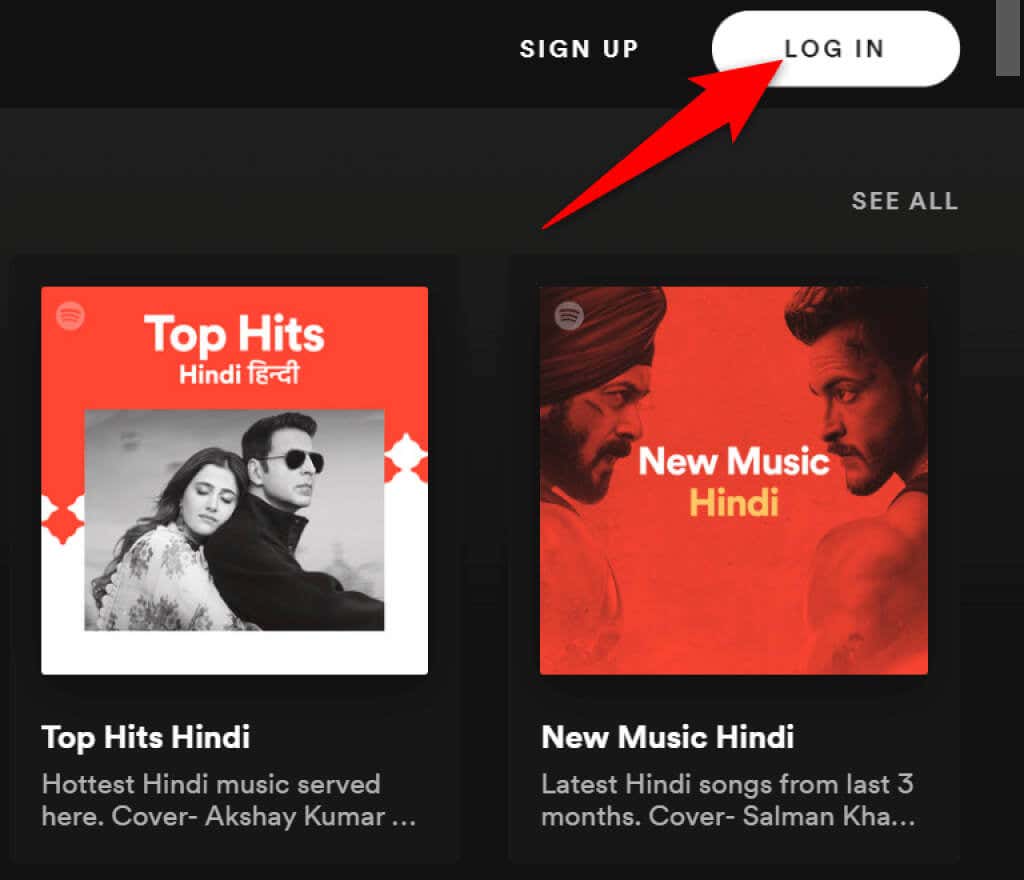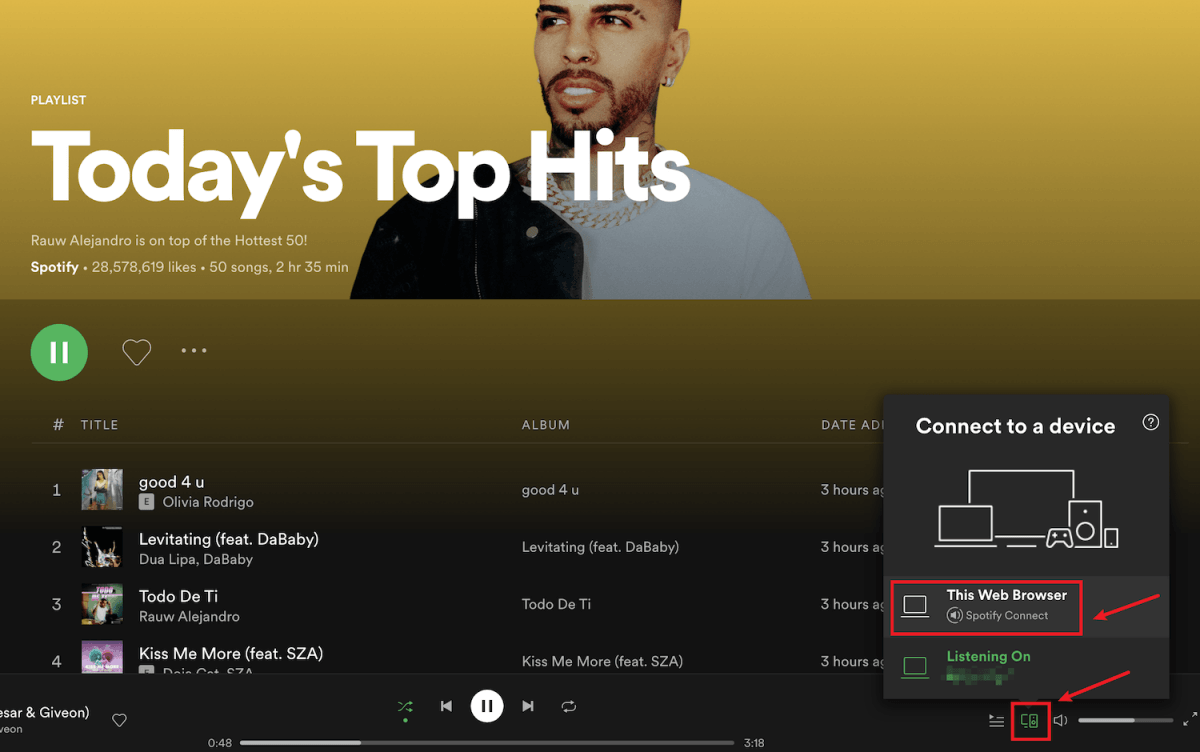


Click your username in the top right of the app, click Settings, scroll down to Show advanced settings, and click again. Spotify’s desktop app has one main privacy setting, although it is buried within its various menus. (Spotify did not acknowledge or reply to a request for comment.) “Privacy should be the default setting,” he says. Walshe questions why there isn’t an option to make all Spotify sessions private automatically. Spotify says what you listen to in a private session “may not influence” the music recommendations it makes. While this mode stops people who follow you from seeing what you’re listening to, it doesn’t necessarily stop Spotify from logging that data. On desktop it’s a little easier: You can do it by clicking the down arrow in the top right corner and clicking Private session. To turn it on when you are using a phone or tablet, tap Home, Settings, scroll to Social, and find the Private session toggle. One way to stop this is by opting to listen privately-but the setting needs to be turned on each time you use Spotify. By default all your Spotify listening can be seen by people who are following you. This could include Spotify introducing privacy checkups where people can review their settings.īut what can you do now? One thing to consider is listening in a Private Session. There could be more transparency about how Spotify uses data and prompts that can “nudge people” about privacy options, he says. “There are things that I think they could do much better,” Walshe says. There are a few steps you can take to limit how Spotify uses and collects your data-but not that many. Listening to a “romance” playlist on a Friday night? The ads may be very different to your Sunday morning “road trip” playlist. But if you’re into folk, the ads probably won’t be the same. Like electronica? Brands can target ads at the genre. Spotify’s advertising documents show how ads can be targeted at your mood and what you are doing. The more “relevant” an ad is, the more likely it is to attract a higher price. “We may obtain certain data about you, such as cookie id, mobile device id, or email address, and inferences about your interests and preferences from certain advertisers and advertising partners that allow us to deliver more relevant ads and measure their effectiveness,” it says. The company’s privacy policy says it works with “advertising partners” to share data and work out what your “interests or preferences” are. Many of these personalization features are likely to involve systems that recommend new music and playlists to you.īut there’s also Spotify’s advertising business-something that’s increasingly linked to its burgeoning podcast empire. Its privacy policy says it can use your data for personalization, troubleshooting, developing new features and technology, marketing and advertising, research, and for other legal reasons. It's this behavioral data that helps Spotify go big on personalization. Other “technical service partners” provide Spotify with data that puts IP addresses onto maps to know what city and state you’re in. If you log in with Facebook, for instance, it can “import your information” from there, including a Facebook user ID. Spotify can get extra information about you from other companies and services. If you use its “Hey Spotify” voice controls, then it can also access these recordings. It can also get “motion-generated or orientation-generated mobile sensor data” from your device’s accelerometer or gyroscope. The company’s privacy policy also says it can get cookie data, IP addresses, the type of device you’re using, your browser type, your operating system, and information about some devices on your Wi-Fi network. If you pay, you’ll also give it your billing information. You can tell it your username, email, phone number, date of birth, gender, street address, and country. “They can be more concise, they can lay it out better.”īroadly, the rest of the data Spotify has about you is information you give it when you’re creating an account. “I think they can use much clearer language,” says Pat Walshe, a data protection and privacy consultant who has researched Spotify’s use of data. If you really want to know what Spotify knows about you, then you need to read its privacy policy, which runs to 4,500 words. But that’s not the only data Spotify gets.


 0 kommentar(er)
0 kommentar(er)
